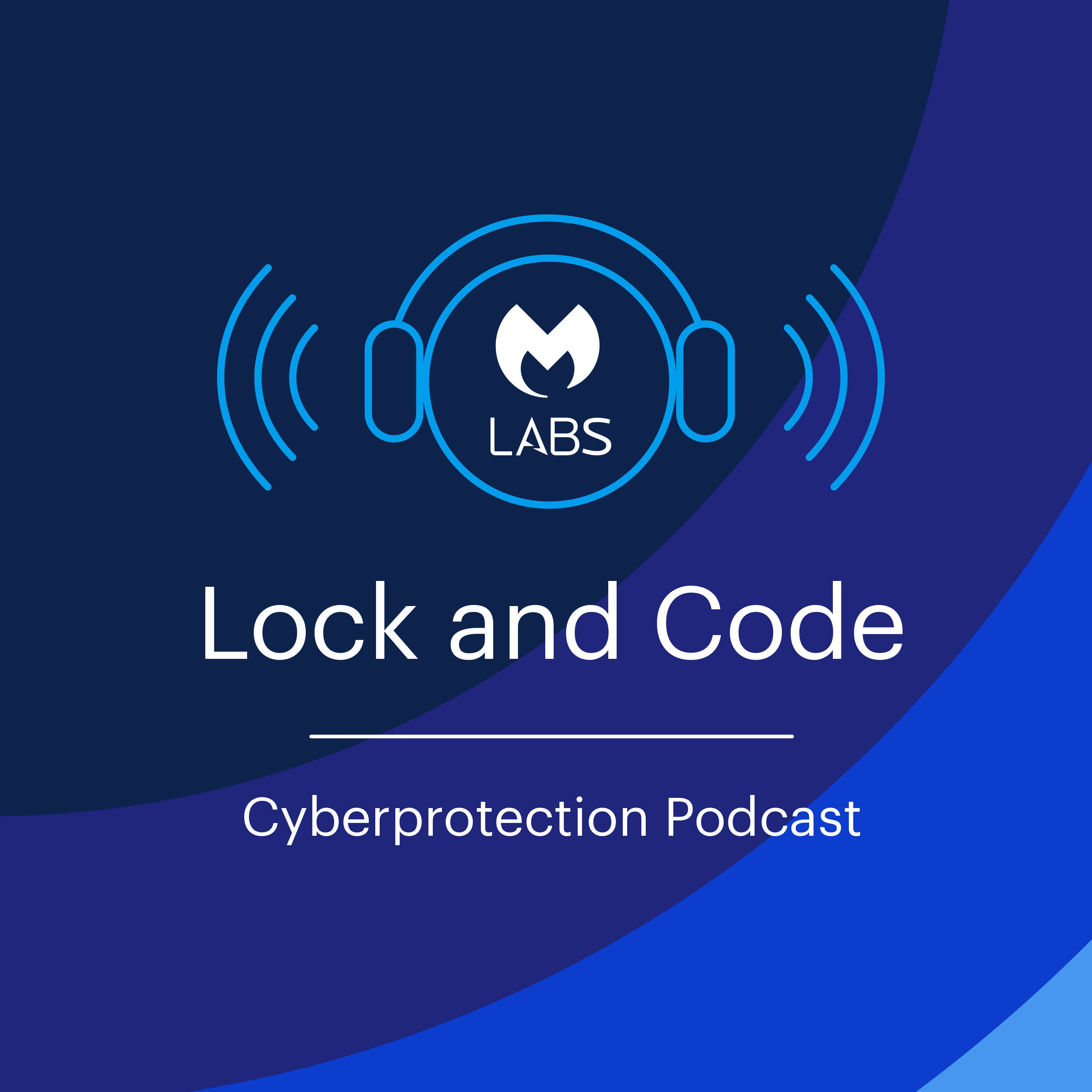Identity crisis: How an anti-porn crusade could jam the Internet, featuring Alec Muffett
Description
On January 1, 2023, the Internet in Louisiana looked a little different than the Internet in Texas, Mississippi, and Arkansas—its next-door state neighbors. And on May 1, the Internet in Utah looked quite different, depending on where you looked, than the Internet in Arizona, or Idaho, or Nevada, or California or Oregon or Washington or, really, much of the rest of the United States.
The changes are, ostensibly, over pornography.
In Louisiana, today, visitors to the online porn site PornHub are asked to verify their age before they can access the site, and that age verification process hinges on a state-approved digital ID app called LA Wallet. In the United Kingdom, sweeping changes to the Internet are being proposed that would similarly require porn sites to verify the ages of their users to keep kids from seeing sexually explicit material. And in Australia, similar efforts to require age verification for adult websites might come hand-in-hand with the deployment of a government-issued digital ID.
But the large problem with all these proposals is not that they would make a new Internet only for children, but a new Internet for everyone.
Look no further than Utah.
On May 1, after new rules came into effect to make porn sites verify the ages of their users, the site PornHub decided to refuse to comply with the law and instead, to block access to the site for anyone visiting from an IP address based in Utah. If you’re in Utah, right now, and connecting to the Internet with an IP address located in Utah, you cannot access PornHub. Instead, you’re presented with a message from adult film star Cheri Deville who explains that:
“As you may know, your elected officials have required us to verify your age before granting you access to our website. While safety and compliance are at the forefront of our mission, giving your ID card every time you want to visit an adult platform is not the most effective solution for protecting our users, and in fact, will put children and your privacy at risk.”
Today, on the Lock and Code podcast with host David Ruiz, we speak with longtime security researcher Alec Muffett (who has joined us before to talk about Tor) to understand what is behind these requests to change the Internet, what flaws he's seen in studying past age verification proposals, and whether many members of the public are worrying about the wrong thing in trying to solve a social issue with technology.
"The battle cry of these people have has always been—either directly or mocked as being—'Could somebody think of the children?' And I'm thinking about the children because I want my daughter to grow up with an untracked, secure private internet when she's an adult. I want her to be able to have a private conversation. I want her to be able to browse sites without giving over any information or linking it to her identity."
Muffett continued:
"I'm trying to protect that for her. I'd like to see more people grasping for that."Tune in today.
Show notes and credits:
Intro Music: “Spellbound” by Kevin MacLeod (incompetech.com)
Licensed under Creative Commons: By Attribution 4.0 License
http://creativecommons.org/licenses/by/4.0/
Outro Music: “Good God” by Wowa (unminus.com)
Additional Resources...
More Episodes
Published 11/18/24
The month, a consumer rights group out of the UK posed a question to the public that they’d likely never considered: Were their air fryers spying on them?
By analyzing the associated Android apps for three separate air fryer models from three different companies, a group of researchers learned...
Published 11/18/24
The US presidential election is upon the American public, and with it come fears of “election interference.”
But “election interference” is a broad term. It can mean the now-regular and expected foreign disinformation campaigns that are launched to sow political discord or to erode trust in...
Published 11/03/24


